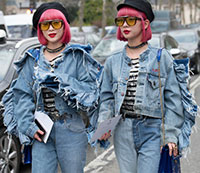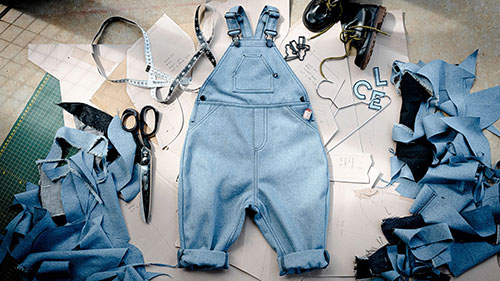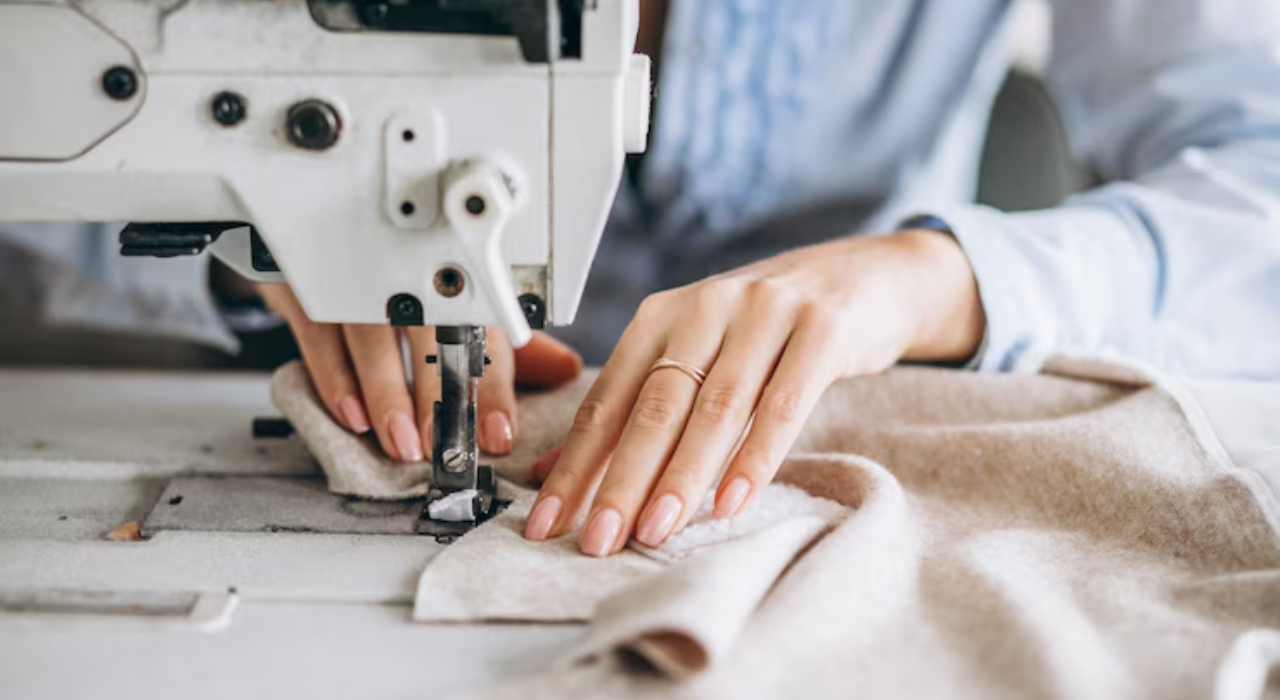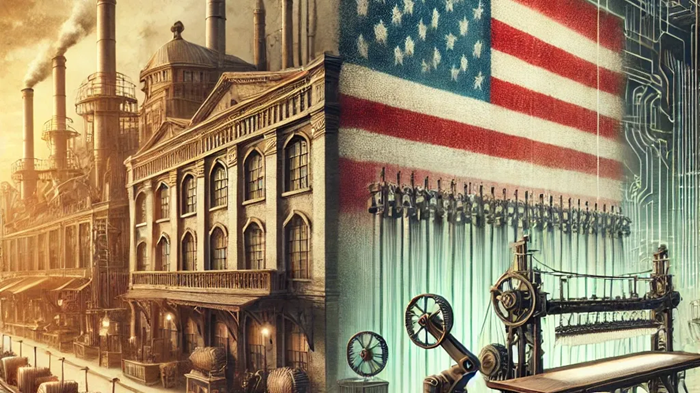"The focus on recycled fibers at the Spring/Summer 2021 Kingpins New York edition, once again highlighted the importance of recycling in fashion. As Ozge Ozsoy, Marketing Chief of Bossa noted recently, fashion industry’s interest in recycling is growing with brands taking many steps to lessen their negative impact on the environment"
 The focus on recycled fibers at the Spring/Summer 2021 Kingpins New York edition, once again highlighted the importance of recycling in fashion. As Ozge Ozsoy, Marketing Chief of Bossa noted recently, fashion industry’s interest in recycling is growing with brands taking many steps to lessen their negative impact on the environment.
The focus on recycled fibers at the Spring/Summer 2021 Kingpins New York edition, once again highlighted the importance of recycling in fashion. As Ozge Ozsoy, Marketing Chief of Bossa noted recently, fashion industry’s interest in recycling is growing with brands taking many steps to lessen their negative impact on the environment.
New collection from recycled jeans
Bossa became the first textile company to produce 100 per cent recycled fabric through its Re-Set collection, which it launched in 2006. The mill currently makes around 11 per cent of its clothes from recycled products and plans to increase this to 25 per cent. The mill recently launched a project where it collects used jeans from consumers to recycle into new products. These recycled jeans are a part of the mill’s new Future Denim collection made from a range of 100 per cent sustainable fabrics including organic cotton, recycled cotton recycled polyester, Eco-T400 and Refibra, and combined with Bossa’s water-saving blue dyeing process.
Fibers from recycled PET bottles
Like Bossa, Pakistan-based Artistic Milliners’ makes fabrics from recycled yarns.
The mill’s portfolio of recycled fibers includes pre-consumer recycled cotton, post-consumer recycled cotton, industrial waste and branded fibers like Tencel’s Refibra, Roica by Asahi Kasei and Unifi’s Repreve and Ocean Repreve. For Spring/Summer 2021, the company launched new R&D platforms, bio-vision and circular blue, to support zero waste design product development for fiber technologies and water and energy usage. Its most popular recycled alternatives include post-consumer waste and recycled polyester. Its Repreve fiber is recycled from PET bottles. The company plans to recycle around 20 billion plastic bottles by 2020 to make this fiber. 
Fabrics made from Repreve or pre-consumer recycled cotton with Recycled Claim Standard and Global Recycled Standard certifications also dominate the portfolio of Prosperity Textile. At Kingpins, the mill presented many inspiring ideas on recycling, like the Indigo Renew line, which is upcycled from the indigo cotton yarn wastes produced at dyeing mills. Since the yarns are already dyed, no further indigo dyeing is needed to create the signature blue tone. The company also introduced fabrics made from the newly launched Lyra Ecomade and T400 Ecomade fibers made recycled materials.
Pakistan-based Soorty mill uses Repreve in a variety of stretch fabrications. The company’s Repreve range complements its other recycling initiatives, including a range of denims made with organic cotton and 20 percent post-consumer recycled cotton or industrial recycled cotton.
Expanding recycling cotton program
Mexico-based Global Denim also launched its Spring/Summer 2021 range made from Repreve. The brand soon plans to launch its recycling cotton program-Ecoloop on a broader scale. Through this program, the mill creates new fabrics with recycled cotton yarn sourced from post-consumer jeans and its own floor scraps and textiles from its commercial partners, launched last year as a small conceptual line. Approximately 20 to 25 per cent of the mill’s collection for Spring/Summer 2021 has 10 to 15 per cent recycled cotton content in its makeup.
Another denim mill that priortises recycling is: Artistic Fabric & Garment Industries (AFGI). In 2016, the company’s in-house shredding plant was certified under the GRS to process post-consumer waste jeans into new fibers. This allows it to transform discarded jeans into new yarns, fabrics and jeans. At Kingspins, it presented a ‘100 percent sustainable jean’ made with 70 percent post-industrial recycled cotton and 30 percent post-consumer recycled cotton.
Increasing the recycled content in denims
Though the US market is yet to adopt entirely recycled jean, many American labels are now considering using more recycled content in their denim. Currently, denims sold in the US contain only 5 per cent recycled content as these cost more than the regular jeans. Brands are challenged by justifying the higher cost for a product that consumers still correlate to be made by ‘used’ goods.
Thus, the use of recycled fibers in the denim fabric process is still in its infancy. To create more awareness about the concept, brands will have to work on educating shoppers. For this, the suppliers can organise educational platforms in collaboration with retailers. However, they also need to ensure that they provide sold and trustable information about their products to the consumers.












